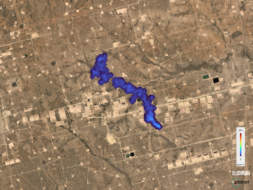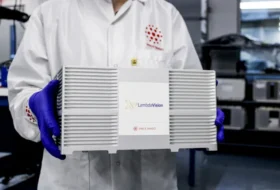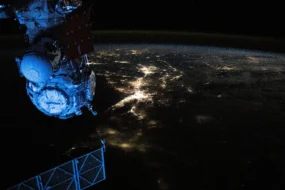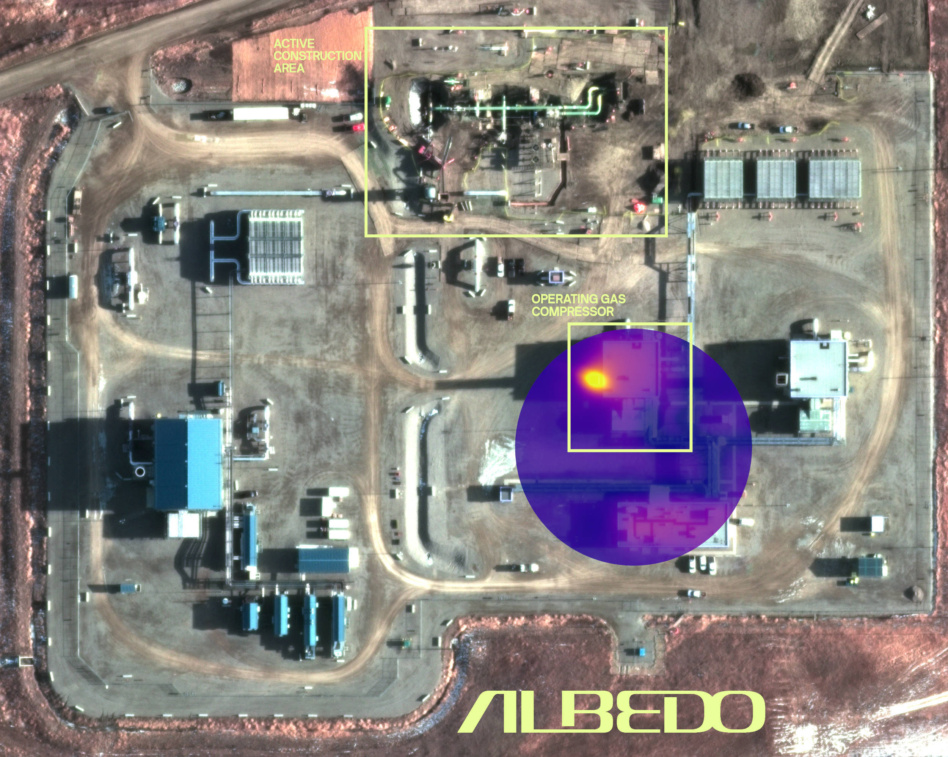The government needs to consider regulations for commercial space stations as the private sector prepares to take the reins from the ISS, according to a report from the Beyond Earth Institute.
Some context: NASA plans to decommission the ISS by the end of the decade, and a follow-on government-operated station “is neither feasible nor desirable,” according to the report. That means that the commercial sector will be responsible for filling the gap left in LEO after the orbiting lab crashes into the ocean.
Several companies are already working on new habitats with the help of NASA under the Commercial LEO Destinations (CLD) program, including:
- Voyager Space is partnering with Airbus and Northrop Grumman, which previously was working to design its own station, on Starlab.
- Blue Origin is building the Orbital Reef station in collaboration with Sierra Space.
Axiom is also working on its own commercial space station by attaching modules to the ISS that will eventually detach to become a free-standing habitat in a program separate from CLD.
To-dos: The report makes a handful of recommendations on how the government can enact regulations to support commercial space station providers while not placing too much burden on a still-nascent industry. Some of the biggest takeaways are:
- One stop shop: The industry should fall under a single regulator, and the office in charge should be the Commerce Department, according to the paper. It’s a departure from the White House plan for oversight of novel space activities, which would put the FAA’s Office of Commercial Space Transportation in charge of regulating commercial space stations.
- How to collaborate: A single regulator doesn’t mean shutting out input from other federal agencies. New activities in space, like manufacturing pharmaceuticals, will likely draw interest from other offices, in this example the FDA. The paper proposes that other agencies be able to share their viewpoint on missions under a process similar to the State Department’s circular 175, which collects sign-offs from other offices on treaty negotiations.
- Insurance coverage: Commercial space stations will need to get insurance, which is a difficult process to navigate today and an area where the government should step in to ensure operators have the coverage they need, the paper recommended.
The authors: The Beyond Earth Institute Commercial Space Station Working group wrote the report. Members of the group come from the Beyond Earth Institute, Rhodium Scientific, the Space Studies Institute, the ISS National Lab, and Lozier Gonzalez PLLC law firm, as well as two commercial space station companies: Blue Origin and Voyager Space.





